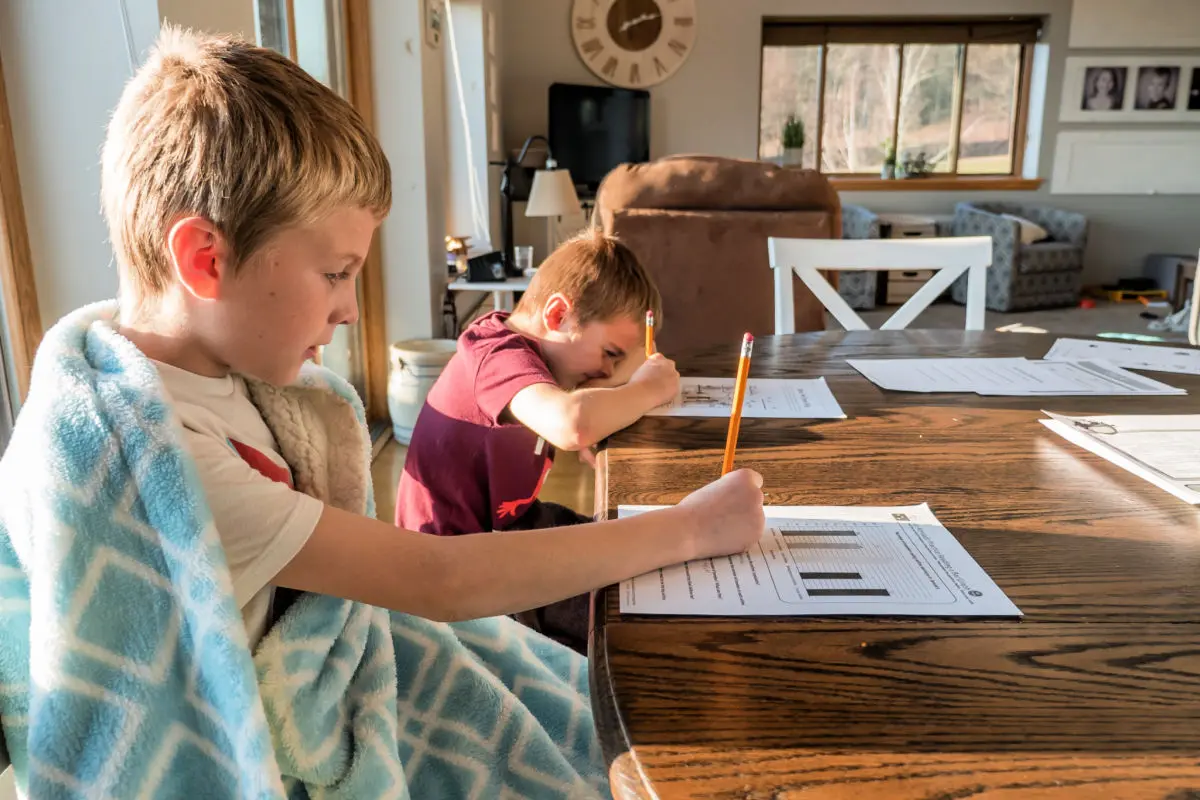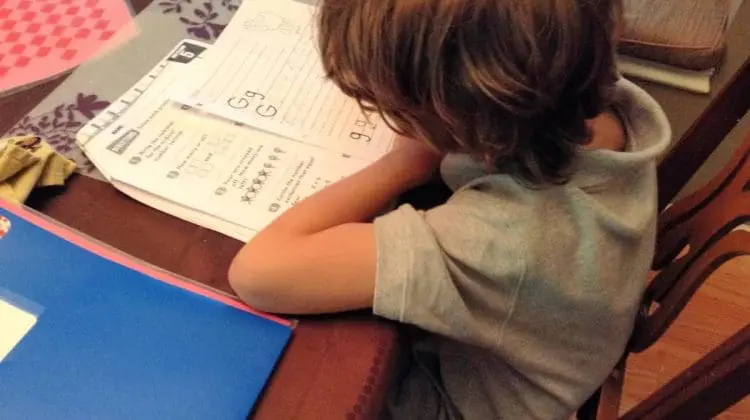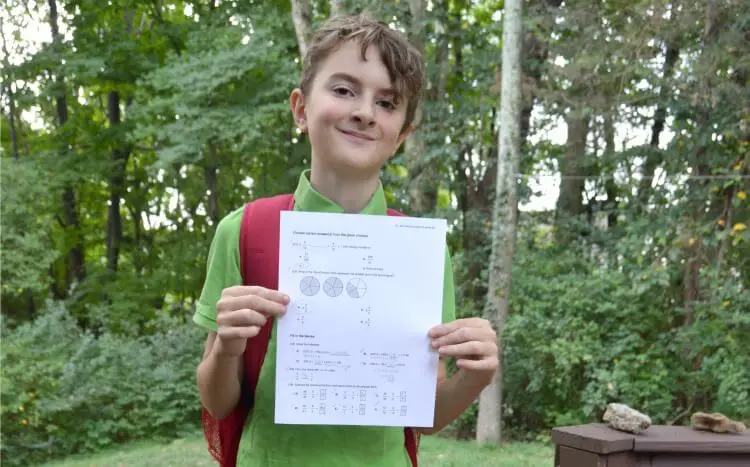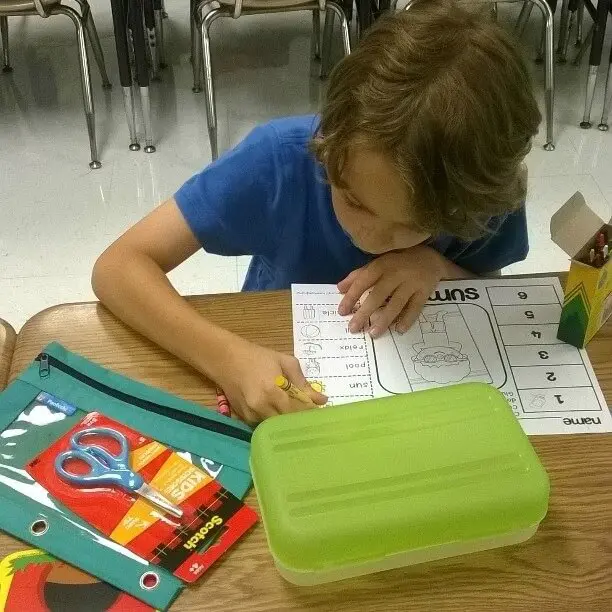Here, I share what I believe are the pros and cons of homeschooling based on my own experiences. I’d like to begin by saying I’m not an “expert” on the subject of homeschooling. What I will say is this, I was homeschooled for the first 12 years of my life and I have been to […]
education
Introducing Hydroponics for Kids: Science Made Fun
We all know how curious kids become when they see something new. Learning and playing go hand-in-hand, especially in the garden. Teaching kids the basics of hydroponics is a great way to introduce them to science concepts in a fun, hands-on way. Hydroponic gardening is a fun and educational activity for kids that can teach […]
The Role of A School Counselor in Your Child’s Academic Success
School counselors do a lot more than you might realize. They’re not just there to help select classes and sort out friendship squabbles; they also provide holistic support to help your children build confidence, succeed academically, and navigate the emotional rollercoaster that is school. As a parent, understanding the role of a counselor has a few […]
How To Establish A Homework Routine That Works
The school year has started. So has the battle to get energetic kids, ready to play after a long day of school, to sit down and do their homework. This battle can be particularly difficult with restless children. Here are some homework tips that many parents have found helpful to establish a homework routine that […]
Ideas For Nature Based Education Curriculum
Once you have children, you become acutely aware of how much things have changed since you were a kid. With all of the modern advances in technology, kids are getting less time outside. It is important to expose your kids to nature for their health and for knowledge about this planet where we live. Below […]
How To Get Good Grades In Middle School
Want your child to learn how to get better grades? You can help them to help themselves. Helping your child to plan, prioritize, and create strong study skills when they’re young will help them succeed throughout their education. When your child strives toward good grades, they’re not just getting the end result of those better […]
Understanding What Motivates Your Child
Are you wondering, “What motivates a child to learn?” One of the most important aspects of nurturing a life-long learner is extending learning beyond the classroom. There is no question that the skills students learn in school are important for both academic and social growth. But, learning goes beyond the classroom as well and children […]







